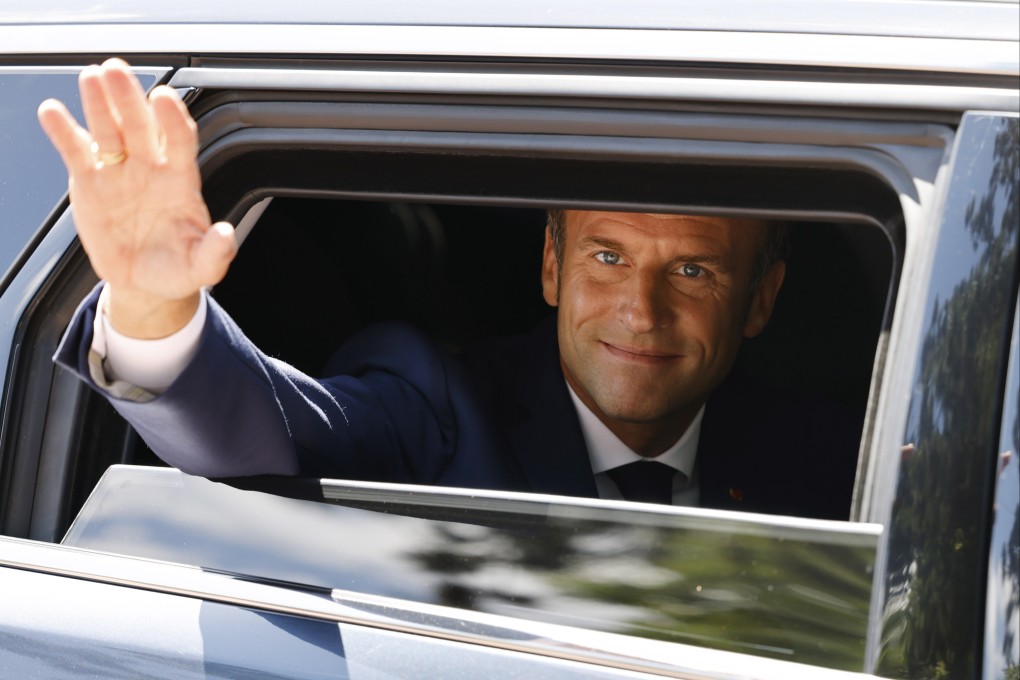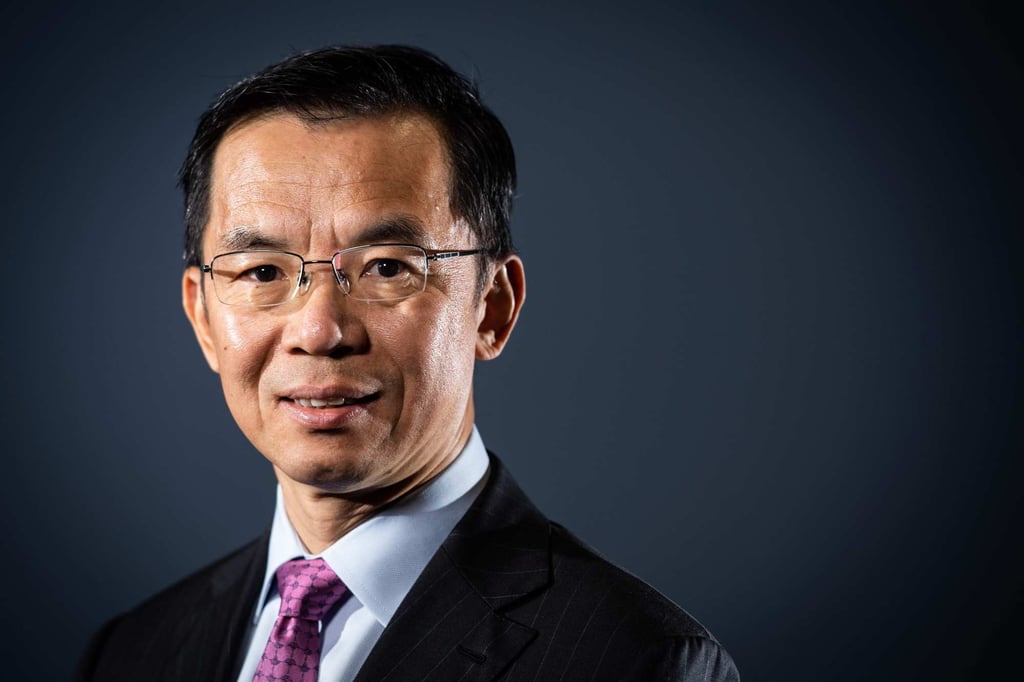Advertisement
Chinese envoy to France ‘warmly’ welcomes French president’s visit
- Lu Shaye urges reduced investment restrictions for China, says relations should avoid ‘third party’ interference
- Ambassador hopes for rebound in two-way tourism when Covid-19 situation stabilises
Reading Time:3 minutes
Why you can trust SCMP
29

China’s ambassador to France has welcomed French President Emmanuel Macron to visit the country this year, and called for relations between China and Europe to move forward without “third party” interference.
“We warmly welcome President Macron’s timely visit to China in 2023. At that time, the two heads of state can exchange views on bilateral and multilateral cooperation in an extensive and in-depth manner … we look forward to this visit with full confidence in the prospect of China-France relations,” said Lu Shaye, during an interview with Nouvelle d’Europe, a Paris-based Chinese-language paper.
The interview was published on Sunday on the Chinese embassy website.
Advertisement
Lu said China’s relations with France were stable overall and have seen positive developments over the past year while the world has undergone “changes and chaos”, intense geopolitics, and downward economic pressure.

The Chinese envoy said that Beijing looks forward to deepening bilateral ties, and he called on leaders of the two countries to continue close communication and cooperation on international affairs to help stabilise global peace.
Advertisement
Macron last met Chinese President Xi Jinping on the sidelines of the Group of 20 summit in Indonesia in November, when he said he hoped to visit China early this year and to seek Beijing’s help to mediate in the Ukraine conflict.
Advertisement
Select Voice
Choose your listening speed
Get through articles 2x faster
1.25x
250 WPM
Slow
Average
Fast
1.25x